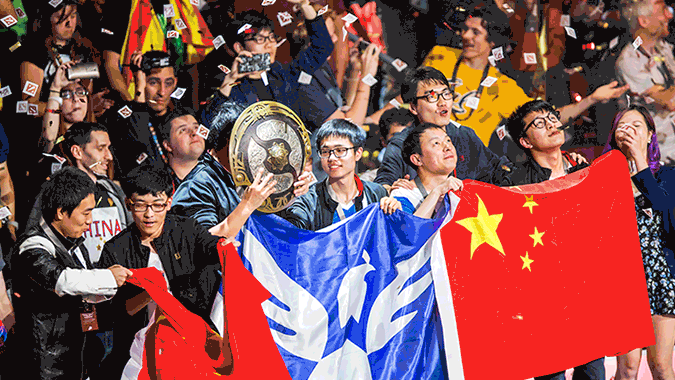
In many ways, 2016 was a landmark year in esports. From huge investment in the scene by billionaires used to running traditional sports to record-setting money in almost every major game to sold-out arenas and millions of viewers around the world, the profile of esports and the pros who compete has never been higher. Let's take a look back at the year that was.
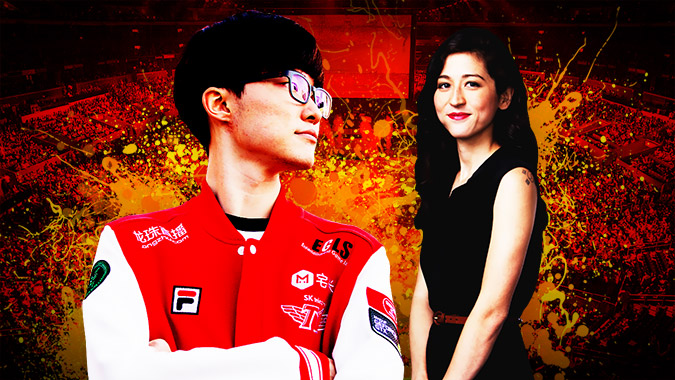
ESPN launches esports section
Happy anniversary! On this date one year ago, ESPN esports threw its hat into the esports coverage pool. The first top-level sport launch on ESPN.com in more than 10 years kicked off a series of big bets in esports journalism, including Yahoo, and sites that have traditionally covered the scene expanded in scope.
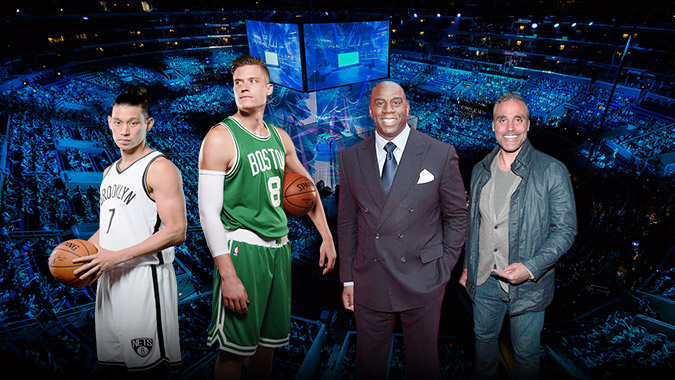
Traditional sports meets esports
Rick Fox kicked off a slew of traditional sports investors in esports when he bought Team Echo Fox for a reported $1 million. Interest grew all year, particularly from NBA owners and players, to back esports teams and franchises. From Warriors co-owner Peter Guber to a group managed by Magic Johnson and another aligned with Shaquille O'Neal, Alex Rodriguez and Jimmy Rollins and even the Philadelphia 76ers, 2016 was the year of huge investments in the scene.
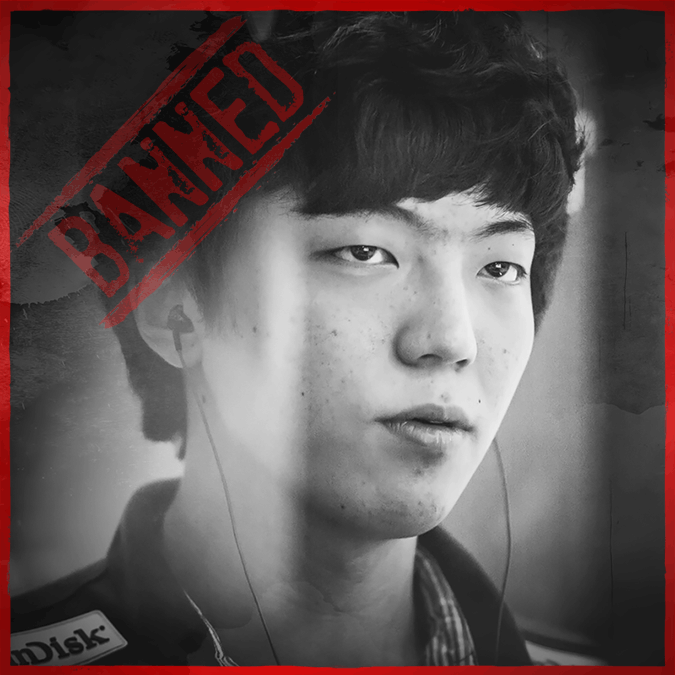
Life banned
One of the best players to compete in StarCraft II, Lee "Life" Seung-hyun, was banned for life from competing in esports in South Korea at just 19 years old for his role in a match-fixing scandal that rocked the StarCraft scene in 2015. He was also given a three-year prison sentence and forced to pay ₩70,000,000 (about $58,000 in U.S. dollars) in restitution.
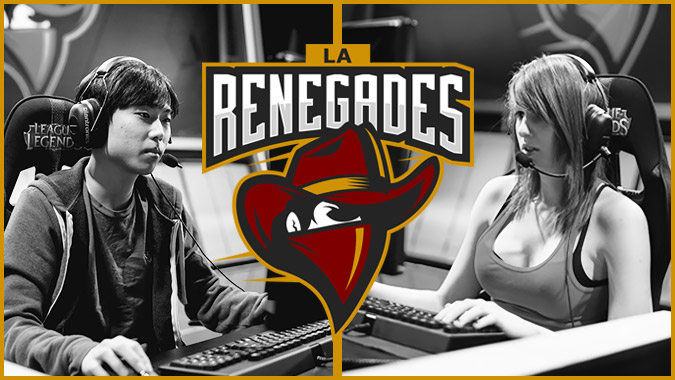
Renegades banned by Riot
To fine and punish teams for misbehavior is nothing new. To remove teams from any professional league is unprecedented. Riot Games, creator and publisher of League of Legends and operator of the League Championship Series, removed three teams -- Renegades, Impulse and Dragon Knights -- permanently from competing in its league, potentially costing owners and players millions.
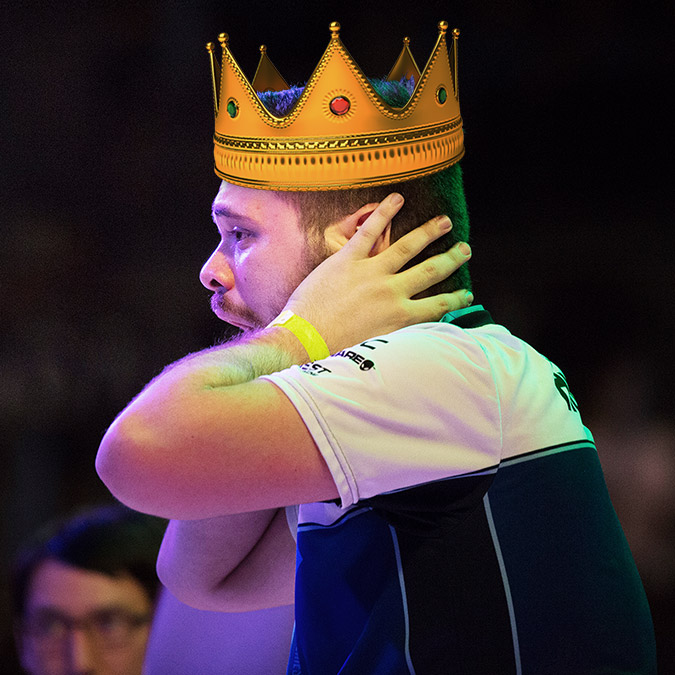
Hungrybox wins Evo from losers bracket
Team Liquid's Juan "Hungrybox" Debiedma made Evo 2016 an unforgettable event in the annals of esports history. The Super Smash Bros. Melee player headed into the tournament red-hot and a favorite to win. However, early struggles relegated Hungrybox to the losers bracket. He made his way from nearly dropping out earlier than anyone expected to winning a rematch from 2015's finals against Adam "Armada" Lindgren in an emotional victory.
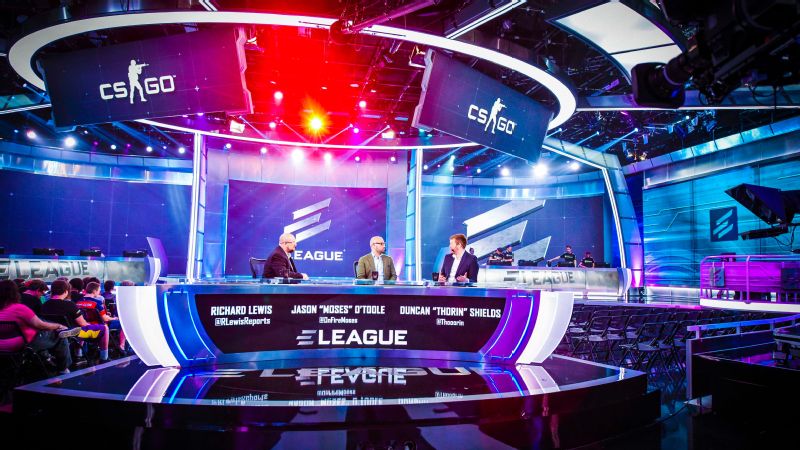
ELeague launches on TBS
While esports and streaming are a match made in heaven, esports on American television hasn't made a big impact. That all changed when TBS began broadcasting the ELeague, a Counter-Strike: Global Offensive league based out of its studios in Atlanta, Georgia. Time will tell if esports can work on television, but if it does, ELeague will be the one that succeeded first after previous misdirected attempts.
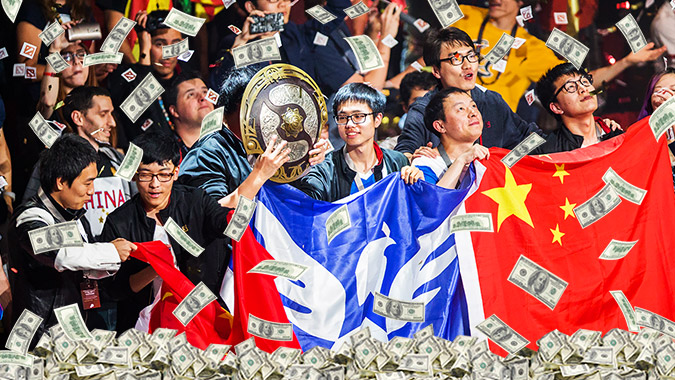
Wings Gaming wins largest prize in esports history
No one was surprised that the Dota 2 tournament, The International 6, broke its own record for the richest esports prize purse in history, but the numbers are no less astounding. For the first time, an esports event surpassed the $20 million mark in total prize money, with nearly $9 million of that going to the winner, Wings Gaming. Using a combination of base pool money and funds collected from skin purchases, the purse grew to heights never before seen in video games.
Death of Proleague
The Korean e-Sports Association, or KeSPA, announced in October that it would be shuttering the world's longest-running esports league, its StarCraft Proleague, citing waning interest in the game and match-fixing scandals from which it was never able to recover. The failure of Proleague in 2016 was felt throughout the esports community and signifies the changing interests of esports fans.
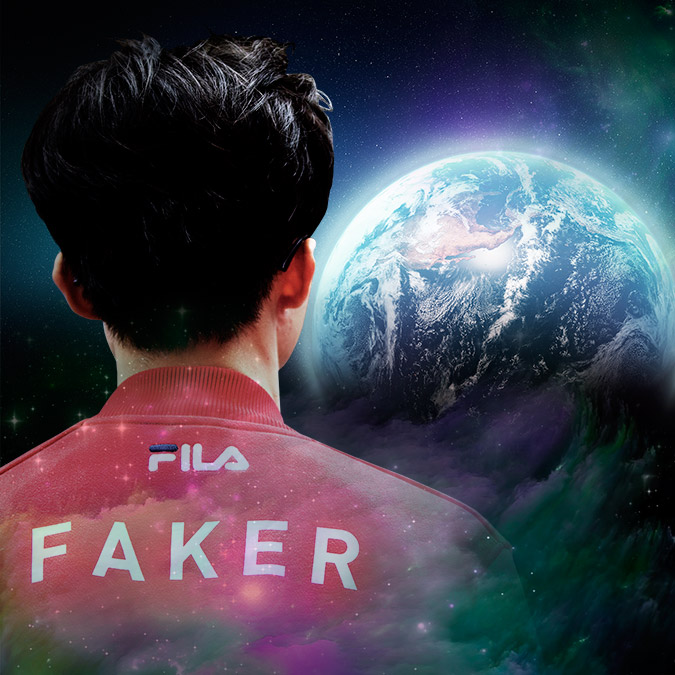
SK Telecom T1 and Faker cement legacy
The South Korean League of Legends team SK Telecom T1, led by League prodigy Lee "Faker" Sang-hyeok, won its third World Championships title in four years and the "Triple Crown" of the three biggest international events of the year. The team capped its remarkable year with a gauntlet of marathon games in the semifinals and finals at Worlds against teams specifically constructed to beat them.
Counter-Strike skins gambling controversy
Gambling on esports in other countries is quite common, and only recently has Las Vegas begun posting lines on matches. But investigators in Washington filed suit against Valve, the maker of Counter-Strike, for not doing enough to curb using in-game skins as currency in an online gambling market. Thanks to YouTube videos showing gamblers winning cash, the state clamped down on Valve as they both try and stop illegal betting from their game.
Overwatch League announced
At BlizzCon, Blizzard announced a new league in Overwatch coming later in 2017 with one major detail -- geolocation. Each team will have a city in North America to call home, opening up opportunities for fans in cities that don't normally get to watch esports to attend live events and become fans of their local team.
League of Legends roster shuffle
Contracts in League of Legends (and esports in general for that matter) are notoriously short-term. Meaning every year at the end of the League of Legends season, hundreds of players around the world look for new teams to join. 2015 marked the South Korean exodus, with dozens of talented players leaving for bigger contracts in China. In 2016, most of these players returned home, constructing several high-powered super teams in the process.
ByuN: the one man army of esports
To succeed in South Korean StarCraft II, you need a coaching staff. You need peers to spar with. But most of all, you need a team. ByuN abandoned that convention, and this year the fruits of his labor paid off. He took home the GSL S2 title, the BlizzCon WCS title and the World Cyber Arena 2016 title. Nowadays, you can find him on Team Expert, but ByuN is still marching to the beat of his own drum.
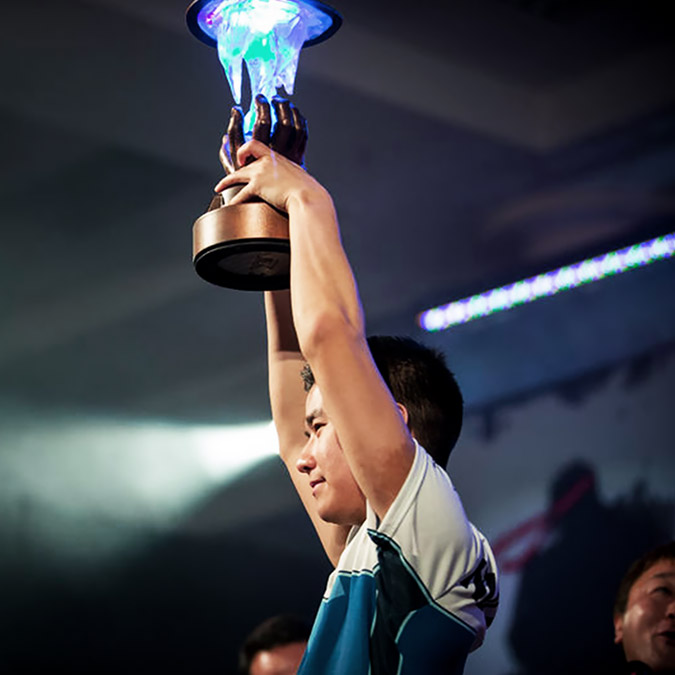
NuckleDu wins biggest FGC prize
2016 saw an influx of prize money in almost all major esports, and fighting games were no different. Team Liquid's Du "Nuckledu" Dang, who hails from Tampa, Florida, won more than $200,000 in the largest prize purse in fighting game history. As more fighting games are launching in 2017, the top pros in the world should reap healthy rewards in the future.
